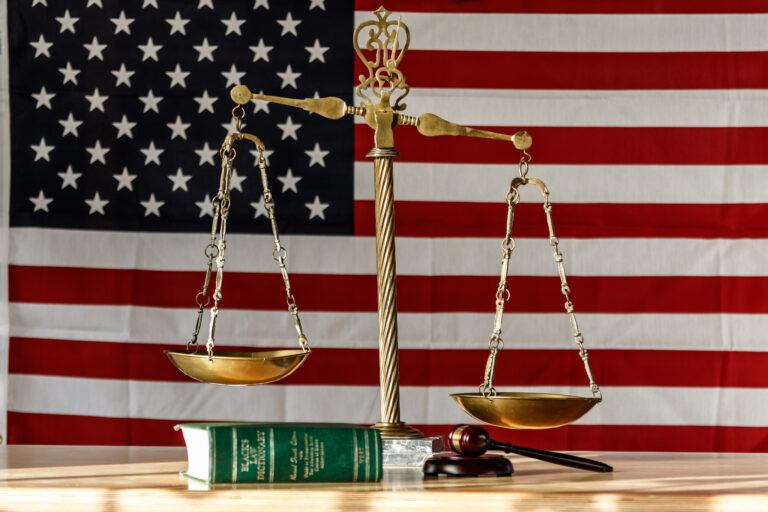Ripple Labs, the privately owned FinTech company founded in 2012 and headquartered in San Francisco, and its CEO Brad Garlinghouse have been hit with a securities class action lawsuit over alleged breach of U.S. federal and state securities laws.
So, what is a securities class action lawsuit? It is a lawsuit filed by investors against a company when they have bought/sold that company’s securities within a specified period of time (the “class period”) and they have suffered financial loss as a result of violation(s) of securities laws.
In this case, plaintiff Ryan Coffey, individually and on behalf of others in the same situation, has filed a securities class action against Ripple Labs INC, its CEO Bradley Garlinghouse, and its wholly owned subsidiary XRP II LLC. The plaintiffs make the following allegations:
- The unregistered Ripple tokens (XRP) bought by the plaintiffs were issued by the defendants and sold “to retail investors in violation of the registration provisions off state and federal securities laws.”
- All 100 billion of the XRP tokens in existence “were created out of thin air by Ripple Labs at its inception in 2013”; Unlike the situation with cryptocurrencies such as Bitcoin (BTC) and Ethereum (ETH), XRP was fully generated prior to its distribution, with 20% going to the founders of Ripple Labs and 80% being retained by Ripple Labs.
- The defendants “have since earned massive profits by quietly selling of this XRP to the general public, in what is essentially a never-ending initial coin offering (‘ICO’).”
- Ripple Labs, in order to increase demand for XRP, and thereby make higher profits from the sale of XRP, “has consistently portrayed XRP as a good investment”, for example by publicly stating in 2014 that “we will engage in distribution strategies that we expect will result n a stable or strengthening XRP exchange rate against other currencies.”
- Although XRP has the typical appearance of a security — since the XRP token purchasers provided consideration in the form of fiat currency or other cryptocurrencies and they expected to make a profit from the ownership of these XRP tokens — the defendants did not register the XRP with the SEC in violation of U.S. federal law, more specifically, sections 5 and 12(a)(1) of the Securities Act of 1933.
With regards to the main plaintiff, Mr. Ryan Coffey, according to the filing at the San Francisco County Superior Court, he bought 650 XRP tokens for about $2.60 each (for a total of $1,690) at the beginnning of January, and then sold them a few weeks later at a loss of approximately $551 (roughly 32% of his initial investment).
It is important to remember what Ripple’s director of regulatory relations, Ryan Zagone, said earlier this week at a UK parliament hearing on blockchain and cryptocurrencies:
XRP is open source and it was not created by our company, so that existed as an open source technology. We created a company that was interested in modernizing payments and then began using that open-source tech to do so … We didn't create XRP … What we do have is we do own a significant amount of XRP, it was gifted to us by some of the open-source developers that created it. But there's not a direct connection between Ripple the company and XRP.
Feature Image Credit: “Scales of Justice Law Dictionary Gavel USA Flag” by “Allen & Allen law firm” via Flickr; licensed under CC BY 2.0









